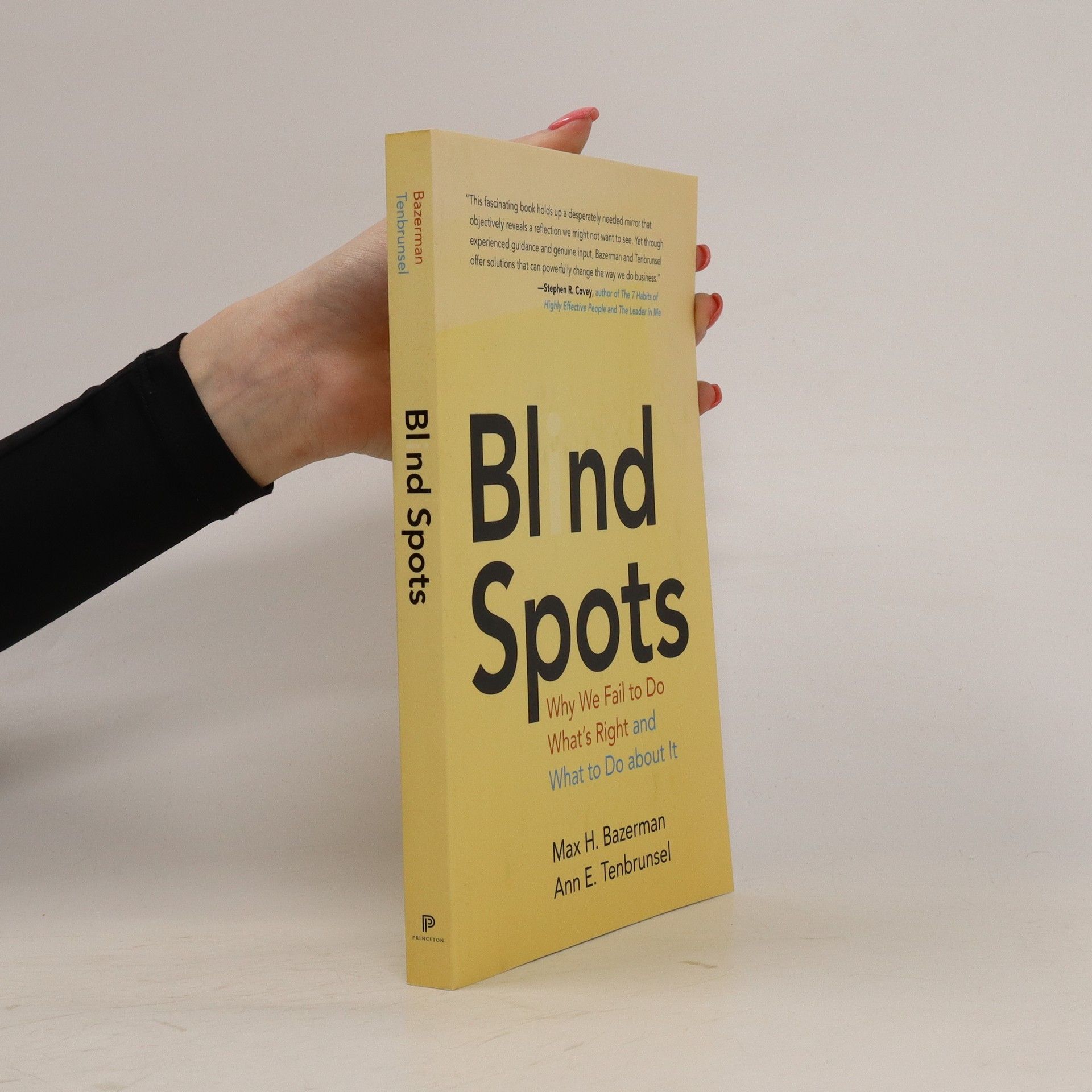The book offers a modern approach to negotiation, addressing the impact of recent global changes such as the pandemic, political divides, and digital communication. It emphasizes the need to adapt traditional negotiation tactics to new contexts, including cultural differences and virtual platforms. Max Bazerman, a renowned expert, provides insights on how to navigate these challenges while offering essential techniques for both beginners and seasoned negotiators. This guide serves as a comprehensive toolkit for effective negotiation in today's evolving landscape.
Max H. Bazerman Book order (chronological)
Max H. Bazerman's work centers on decision-making, negotiation, and ethics. His research delves into the nuances of human judgment, exploring how individuals and organizations can enhance their decision-making processes. Through his extensive publications, he contributes to a deeper understanding of cognitive biases and their impact on behavior. Bazerman's approach bridges theoretical insights with practical implications, offering readers valuable perspectives on the complexities of modern decision-making.
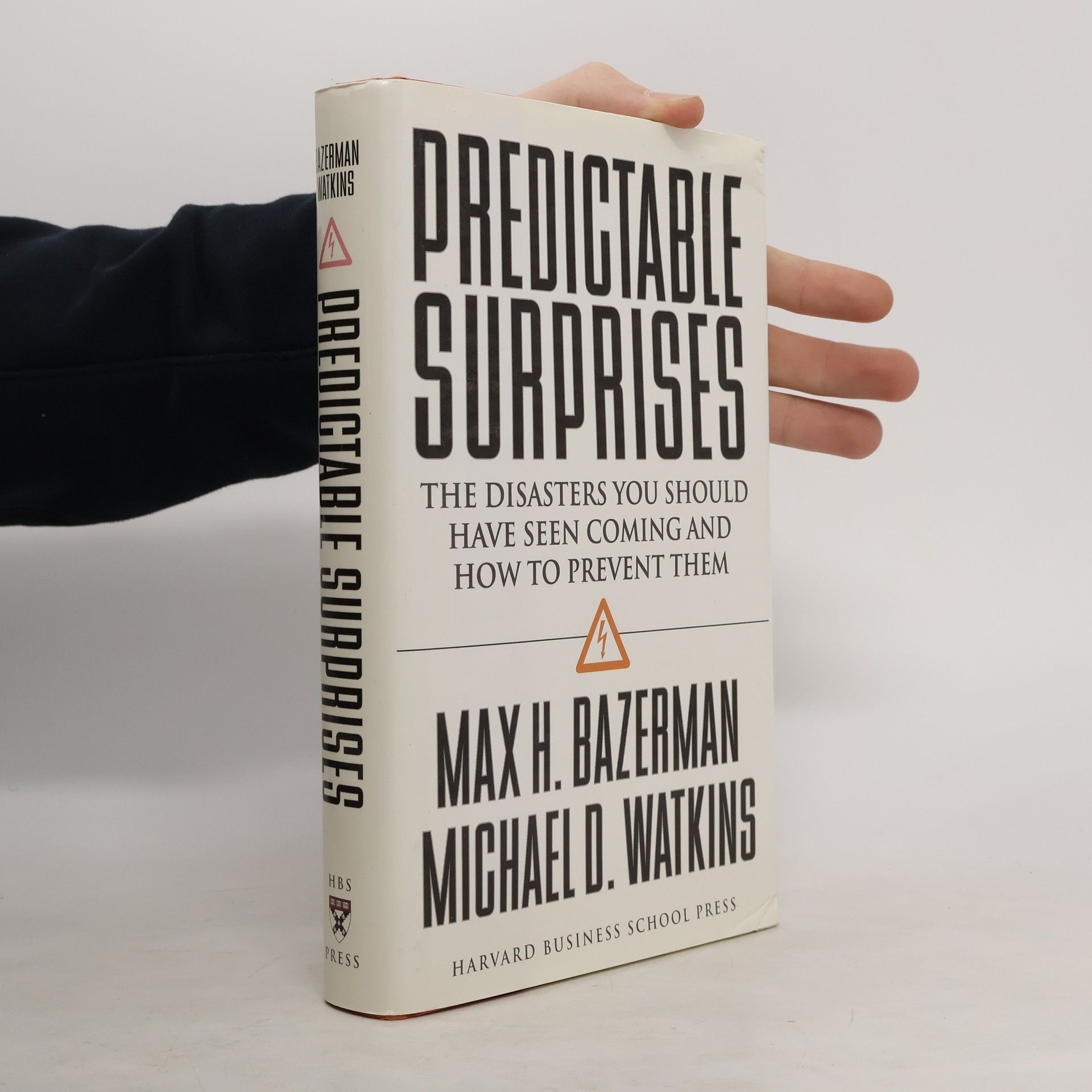

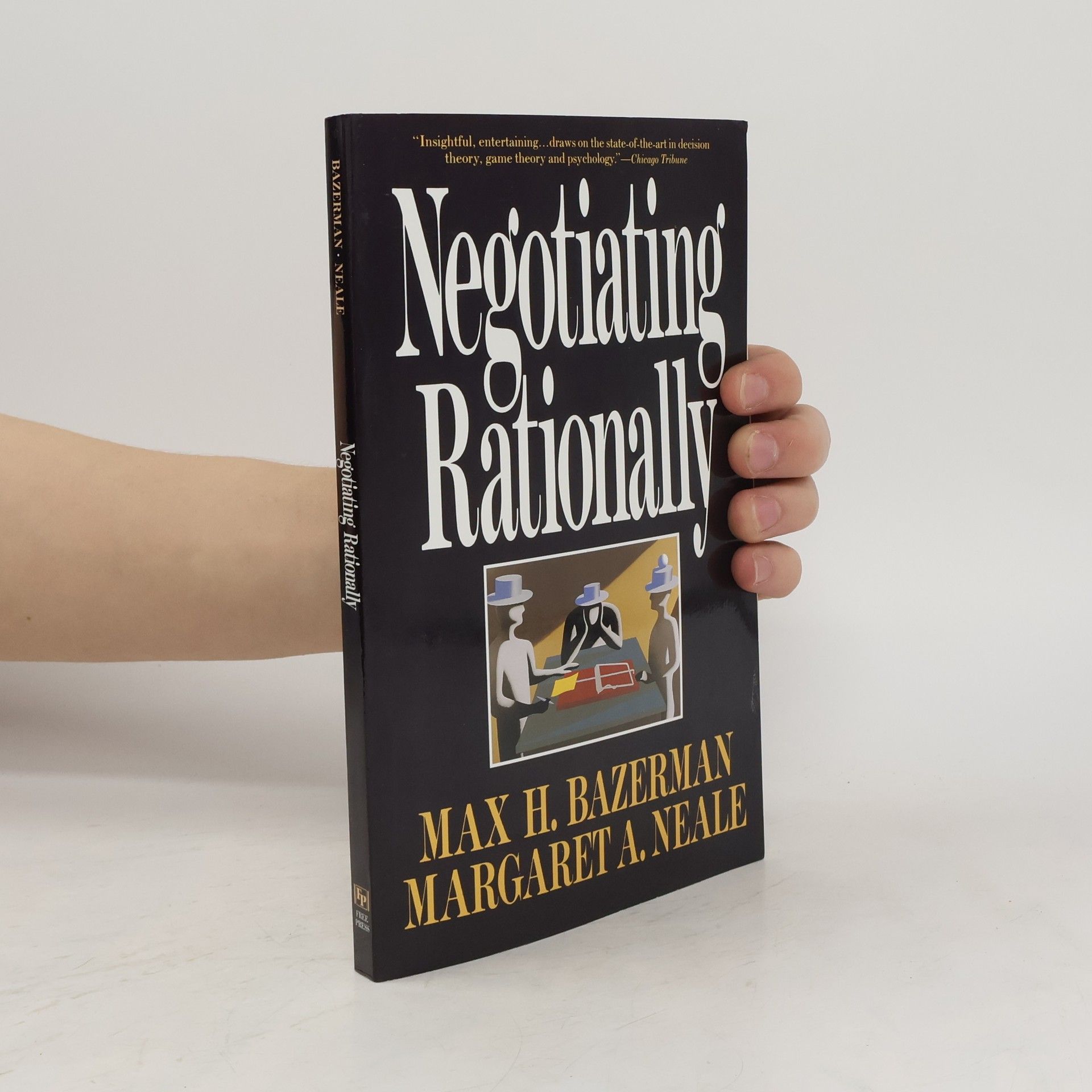
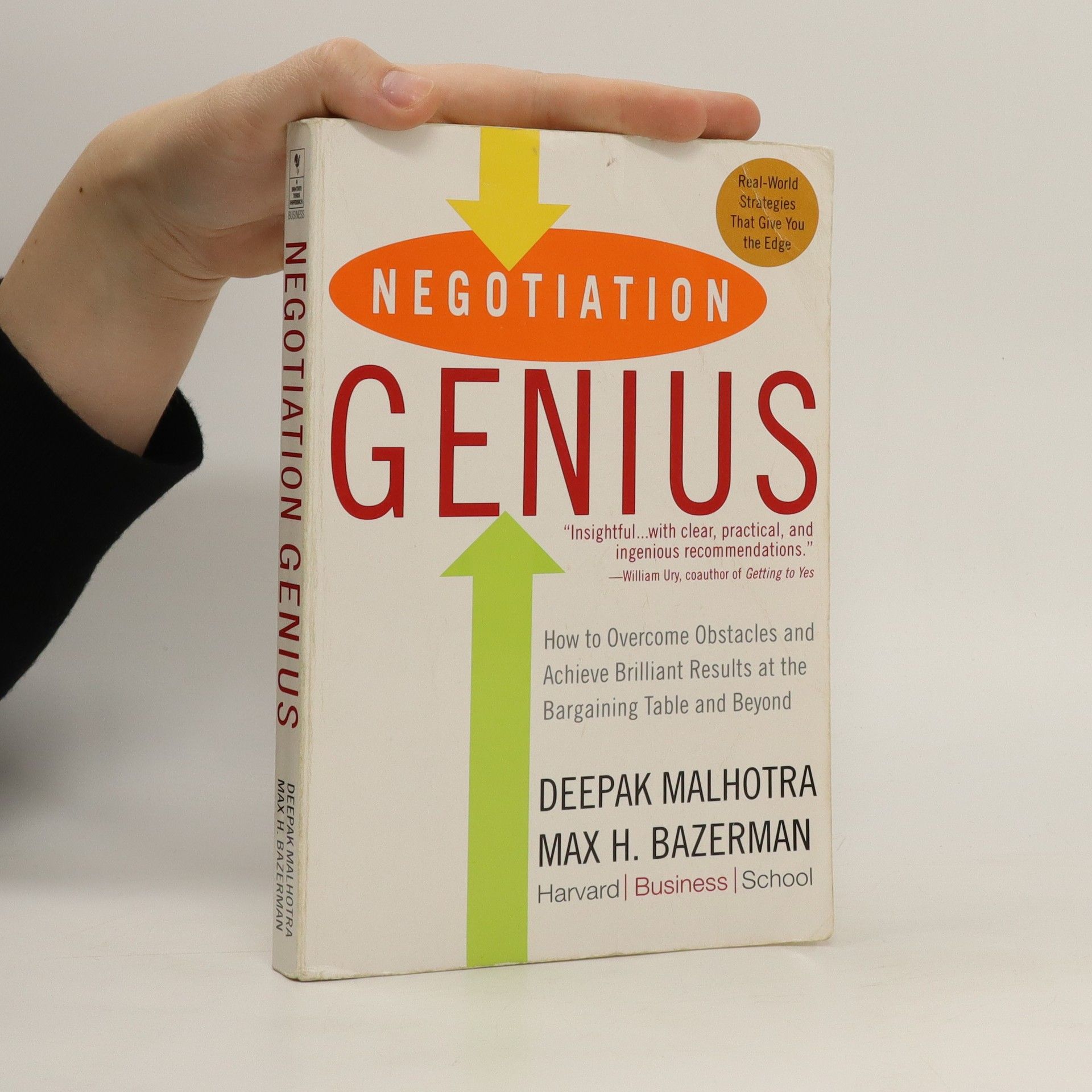
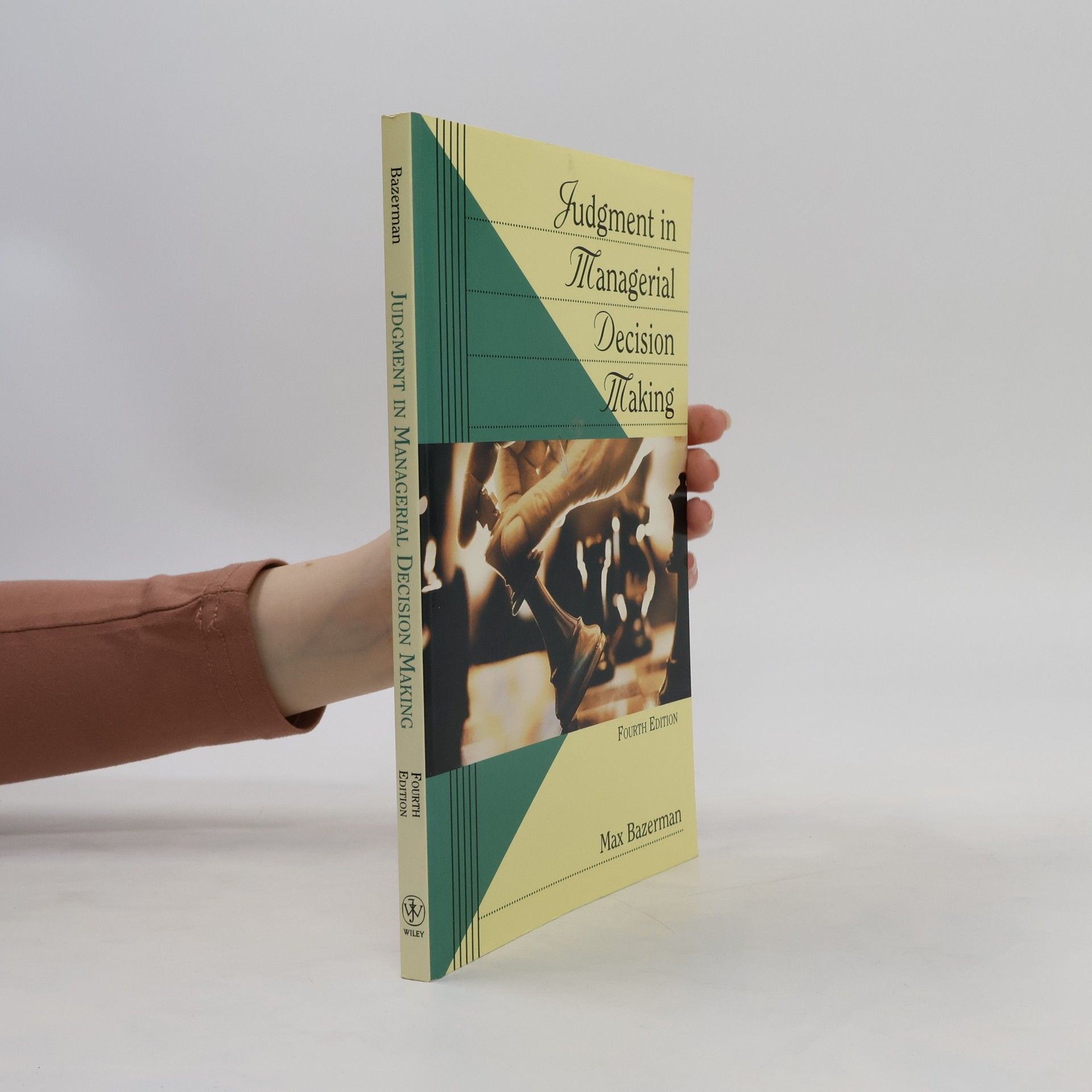
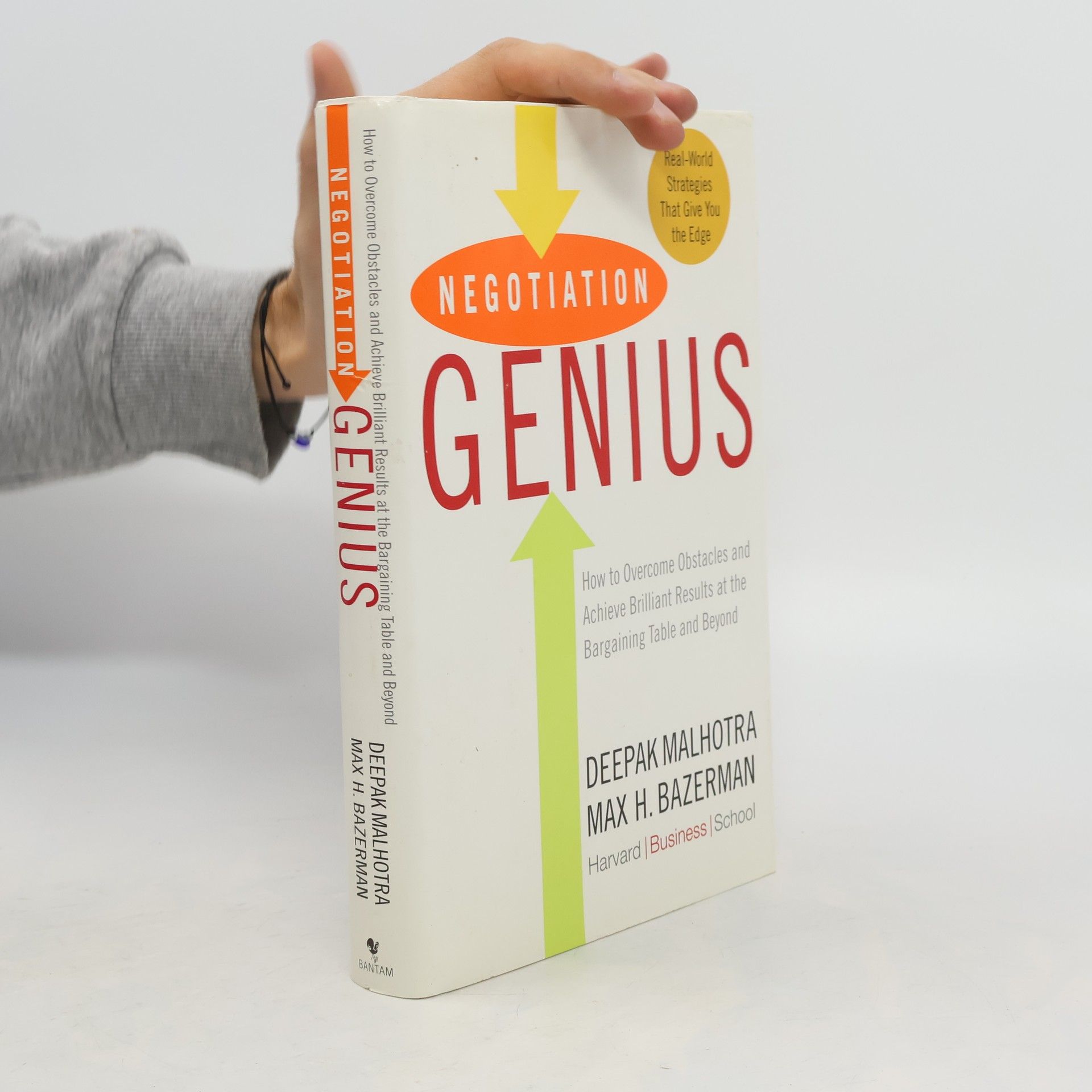
This book addresses the widespread tendency to enable wrongdoing across various sectors, including workplaces and politics. While it's easy to denounce high-profile wrongdoers like Elizabeth Holmes and Harvey Weinstein, we often overlook the many individuals who supported their unethical actions. These include business partners, employees, investors, and media organizations. The author, a Harvard Business School professor, confronts our complicity and provides strategies to recognize and avoid the psychological traps that lead us to ignore or support unethical behavior. Through compelling stories related to scandals like Theranos and WeWork, the opioid crisis, and the #MeToo movement, the book outlines seven behavioral profiles that contribute to complicity, from active partners to those benefiting from systemic privileges. It also shares the author's personal experiences with complicity. Ultimately, the book offers practical solutions for individuals, leaders, and organizations to prevent complicity, challenging the idea that only a few individuals are responsible for societal issues and advocating for a collective effort toward a more ethical world.
Better, Not Perfect
- 256 pages
- 9 hours of reading
"Negotiation and decision-making expert Max Bazerman discusses how we can make more ethical choices by reframing our intentions toward being better rather than being perfect"--
Blind Spots. Why We Fail To Do What's Right And What To Do About It
- 208 pages
- 8 hours of reading
When faced with ethical dilemmas, many believe they would uphold their principles, yet we often overestimate our ethical capabilities. The authors, both prominent business ethicists, explore how we inadvertently act unethically. They analyze notable failures in the business realm—such as Enron's collapse, tobacco industry corruption, the Ford Pinto scandal, and Bernard Madoff's downfall—to reveal the underlying nature of these ethical failures and how we can align our actions with our values. Traditional ethics approaches often fall short; the authors highlight blind spots like ethical fading, which removes ethics from decision-making, leading to disasters such as the Challenger shuttle tragedy, steroid use in baseball, and financial market crashes. They illustrate how ethical standards can shift and how we often overlook the unethical actions of others. Compliance initiatives may inadvertently encourage unethical behavior. By distinguishing our "should self" (the ethical decision-maker) from our "want self" (the one making choices), the authors identify ethical pitfalls that lead to questionable actions. They propose innovative strategies for individuals and groups to enhance ethical judgment, aiming to embed ethics in workplaces, institutions, and everyday life.
Negotiation genius: How to overcome obstacles and achieve brilliant at the bargaining table and beyond
- 343 pages
- 13 hours of reading
"From two leaders in executive education at Harvard Business School, here are the mental habits and proven strategies you need to achieve outstanding results in any negotiation. Whether you've 'seen it all' or are just starting out, Negotiation Genius will dramatically improve your negotiating skills and confidence. Drawing on decades of behavioral research plus the experience of thousands of business clients, the authors take the mystery out of preparing for and executing negotiations?whether they involve multimillion-dollar deals or improving your next salary offer ... This book gets 'down and dirty.' It gives you detailed strategies, including talking points that work in the real world even when the other side is hostile, unethical, or more powerful. When you finish it, you will already have an action plan for your next negotiation. You will know what to do and why. You will also begin building your own reputation as a negotiation genius." --publisher's description
From two of the leading teachers of executive education in the United States comes this complete guide to the nuts-and-bolds skills, proven strategies, and creative techniques necessary to succeed in any negotiation.
Most events that catch us by surprise are both predictable and preventable, but we consistently miss (or ignore) the warning signs This book shows why such “predictable surprises” put us all at risk, and shows how we can understand, anticipate, and prevent them before disaster strikes. There is a universal fear factor surrounding this that society and the workplace are filled with disasters in the making that we could prevent if we only knew what to look for. This book plays on that fear and offers a positive, proactive resolution to it.
Negotiating rationally
- 196 pages
- 7 hours of reading
In Negotiating Rationally , Max Bazerman and Margaret Neale explain how to avoid the pitfalls of irrationality and gain the upper hand in negotiations.For example, managers tend to be overconfident, to recklessly escalate previous commitments, and fail to consider the tactics of the other party. Drawing on their research, the authors show how we are prisoners of our own assumptions. They identify strategies to avoid these pitfalls in negotiating by concentrating on opponents’ behavior and developing the ability to recognize individual limitations and biases. They explain how to think rationally about the choice of reaching an agreement versus reaching an impasse. A must read for business professionals.
Judgment in Managerial Decision Making
- 212 pages
- 8 hours of reading
Merges behavioural decision research into the organizational context by providing managerial examples and examining judgement. The book first introduces the micro perspective (chapters 2-6) and then builds on this base when introducing multi-party contexts (chapters 7-9).
